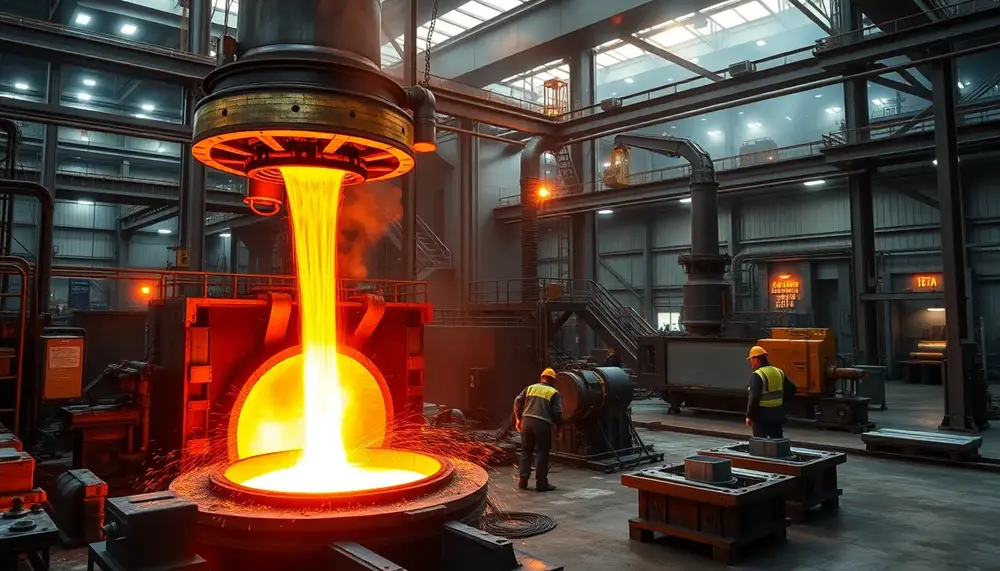Definition of Ferrous metals
Ferrous metals are a family of metals primarily distinguished by the presence of iron. The term 'ferrous' is derived from the Latin word 'ferrum', meaning iron. In the context of steel production and steel trade, ferrous metals form the backbone of the industry.
Characteristics of Ferrous metals
Ferrous metals, such as steel and iron, possess distinct properties that make them vital in numerous applications. They are magnetizable, and known for their strength and durability. Furthermore, they are more susceptible to corrosion compared to non-ferrous metals.
Ferrous metals in Steel Production
A significant part of steel production involves processing of ferrous metals. The raw material used in this process is predominantly iron ore, a naturally occurring ferrous metal. Through the application of heat in a blast furnace, iron ore is transformed into pig iron. Further refinement leads to the production of steel.
Types of Ferrous Metals in the Steel Industry
The most common types of ferrous metals used in the steel industry are carbon steel, alloy steel, and stainless steel. Carbon steel is steel in which the main interstitial alloying constituent is carbon. Alloy steel extends beyond just iron and carbon and includes other elements like chromium, nickel, and vanadium. Finally, stainless steel is a steel alloy with a minimum of 10.5% chromium content for enhanced resistance to rust and corrosion.
Trading of Ferrous metals
Steel trade relies heavily on ferrous metals. Their distinct properties, diverse applications, and recyclability make ferrous metals desirable commodities on the global trading market. They play a pivotal role in global infrastructure, construction, automotive, and many other industries.

